
HSE University Announces Call for Proposals to Attend Anniversary Yasin Conference
HSE University invites submissions of proposals with academic reports for participation in the 25th Yasin (April) International Academic Conference (YIAC). The conference programme, centred on five research themes addressing issues of economic and social development, will retain its interdisciplinary focus and welcome participation from leading scientists in Russia and around the globe. The key events of the 25th Yasin Conference will be taking place in Moscow from April 15 to 18, 2025.

'Our Mathematics Is for Far-Reaching Minds'
Anna Presnova focuses on automatic control theory, a branch of science that addresses global problems. In this interview with the HSE Young Scientists project, she talks about her aspiration to achieve practical results, the energy she gains from teaching, and why she would be interested to meet with Alexandr Lyapunov, founder of stability theory.
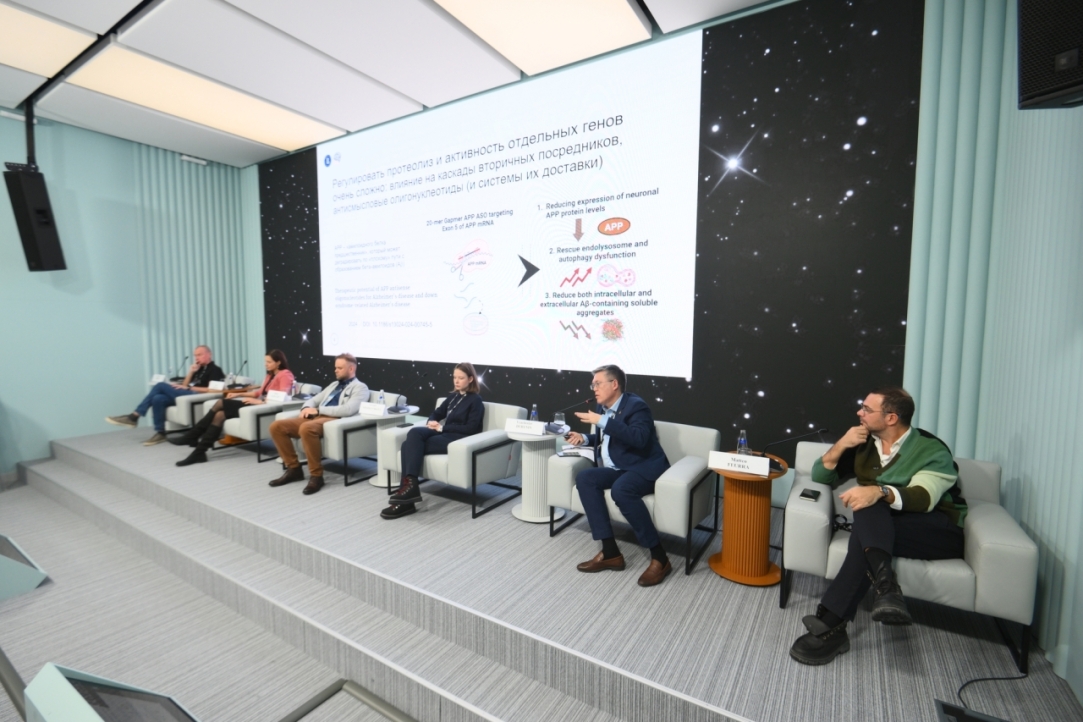
'Neurotechnologies Are Already Helping Individuals with Language Disorders'
On November 4-6, as part of Inventing the Future International Symposium hosted by the National Centre RUSSIA, the HSE Centre for Language and Brain facilitated a discussion titled 'Evolution of the Brain: How Does the World Change Us?' Researchers from the country's leading universities, along with health professionals and neuroscience popularisers, discussed specific aspects of human brain function.
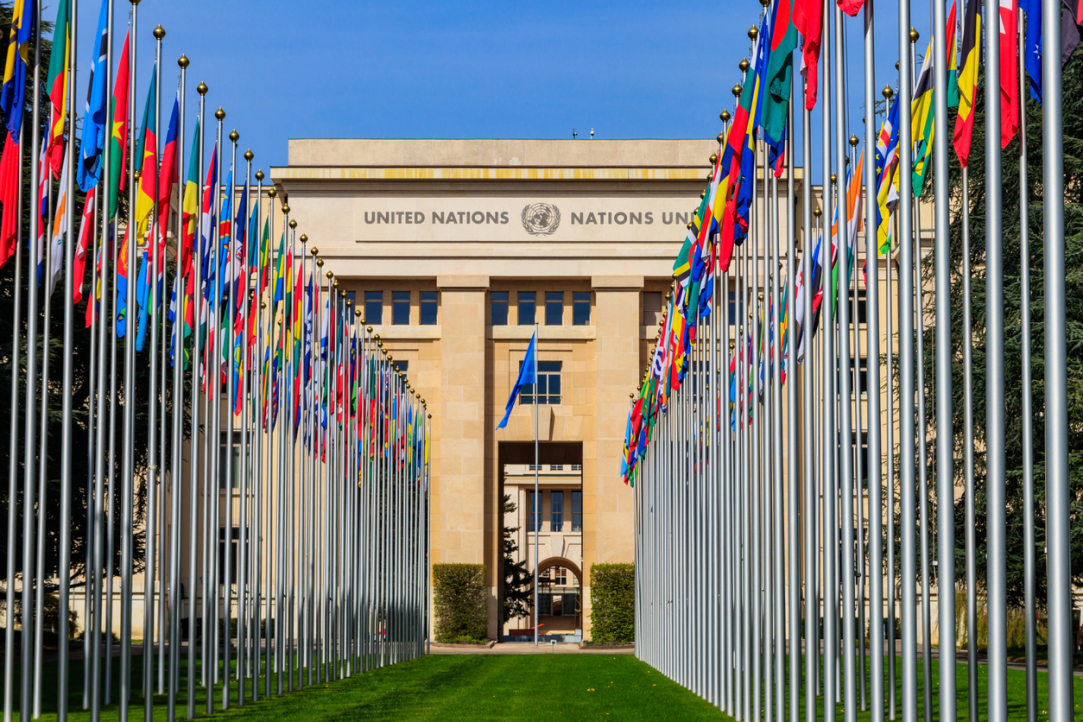
Director of the HSE International Research and Educational Foresight Centre Participates in UN Commission Meeting in Geneva
An intersessional meeting of the UN Commission on Science and Technology for Development took place on October 21–22, 2024, at the Palace of Nations in Geneva, Switzerland. ProfessorAlexander Sokolov presented new methods of scientific forecasting in his report titled ‘Science and Technology Foresight: Responding to New Agenda.’
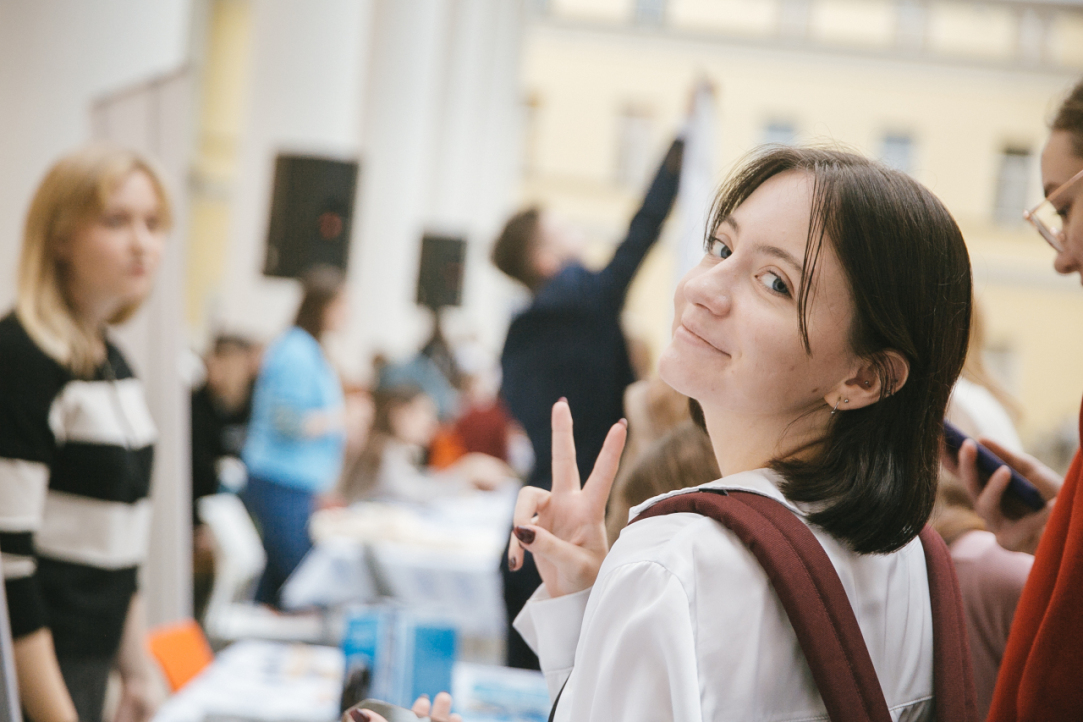
Science of Winning: Republic of Scientists Festival Held at HSE University
On November 8, HSE University hosted the Republic of Scientists Festival for the seventh time. The event aims to remind students that science is multifaceted and universal, to showcase areas of knowledge beyond their educational curriculum, and to connect early-career scientists with one another. Guests of the festival enjoyed interactive activities, popular science lectures by university faculty and alumni, and the grand finale of Season VII of Science Battles.
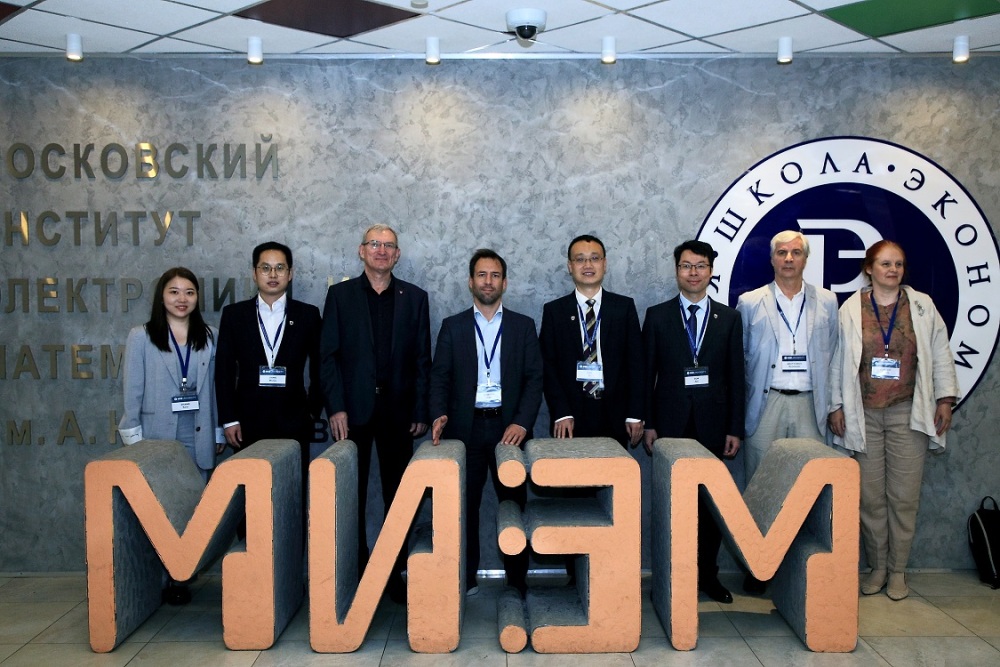
HSE MIEM and Nanjing University Discuss Joint Projects in Engineering Sciences
Developing cooperation in engineering sciences was the key topic during the latest visit of a delegation from Nanjing University to HSE University. This time, the guests were hosted by the HSE Tikhonov Moscow Institute of Electronics and Mathematics (MIEM).
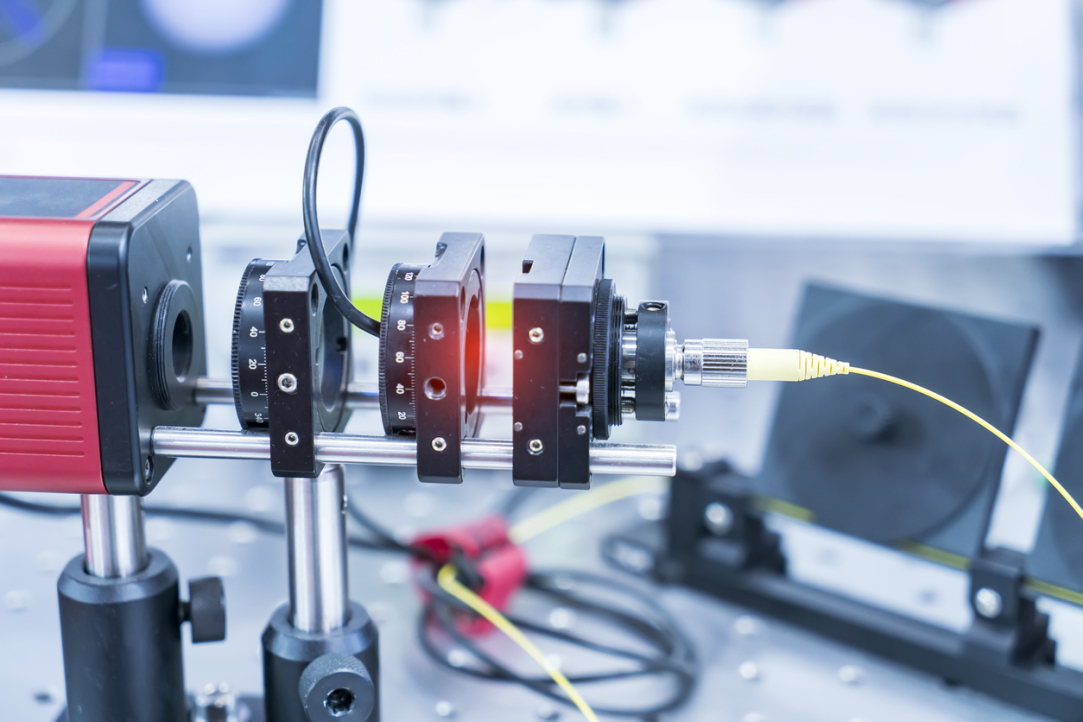
Russian Physicists Determine Indices Enabling Prediction of Laser Behaviour
Russian scientists, including researchers at HSE University, examined the features of fibre laser generation and identified universal critical indices for calculating their characteristics and operating regimes. The study findings will help predict and optimise laser parameters for high-speed communication systems, spectroscopy, and other areas of optical technology. The paper has been published in Optics & Laser Technology.
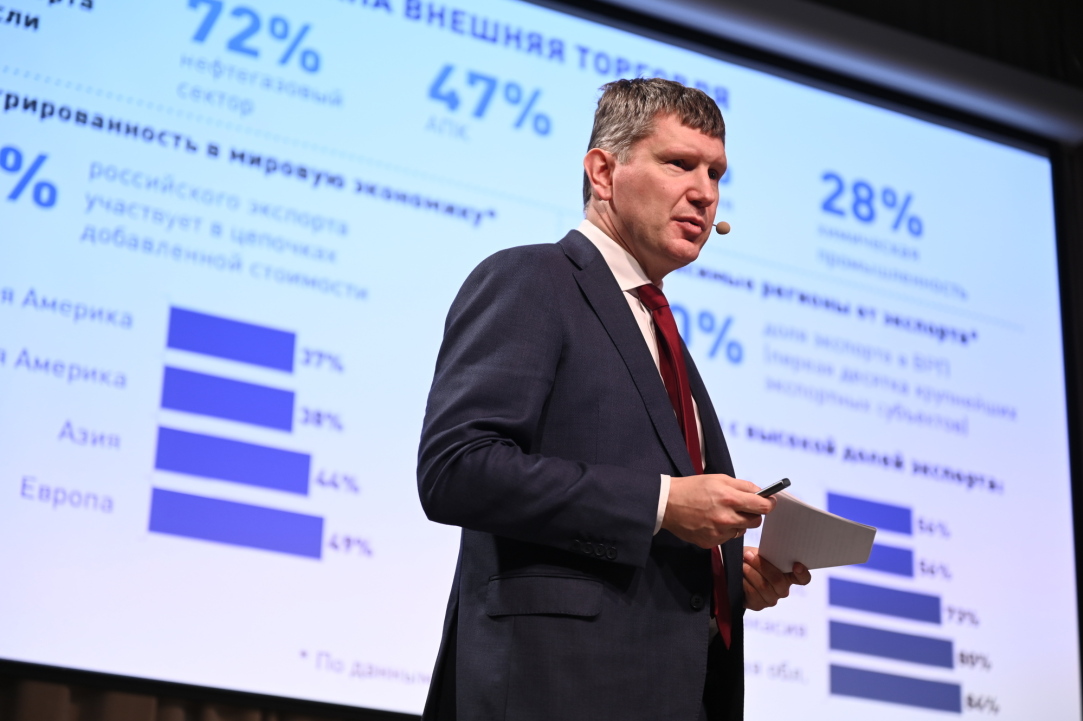
Maxim Reshetnikov: ‘An Effective Open Market Economy Has Been Built in Russia’
On November 11, 2024, during Economist Day in Russia, Maxim Reshetnikov, Russian Minister of Economic Development, spoke to students of the HSE Faculty of World Economy and International Affairs about Russia’s foreign economic activities, how the country managed to withstand unprecedented sanctions pressure, and the current state of its development.
.png)
HSE Presents an Analytical Handbook on Africa for African Leaders
The HSE University Centre for African Studies has presented an English-language expert-analytical handbook titled ‘Africa 2025: Prospects and Challenges.’ For the first time, Russian experts have prepared a comprehensive work aimed at an African audience rather than Russian readers. The handbook incorporates a significant amount of new data and introduces new approaches for assessing development prospects. The presentation took place in Sochi on November 9, 2024, during the First Ministerial Conference of the Russia–Africa Partnership Forum.

Children with Autism Process Auditory Information Differently
A team of scientists, including researchers from the HSE Centre for Language and Brain, examined specific aspects of auditory perception in children with autism. The scientists observed atypical alpha rhythm activity both during sound perception and at rest. This suggests that these children experience abnormalities in the early stages of sound processing in the brain's auditory cortex. Over time, these abnormalities can result in language difficulties. The study findings have been published in Brain Structure and Function.

